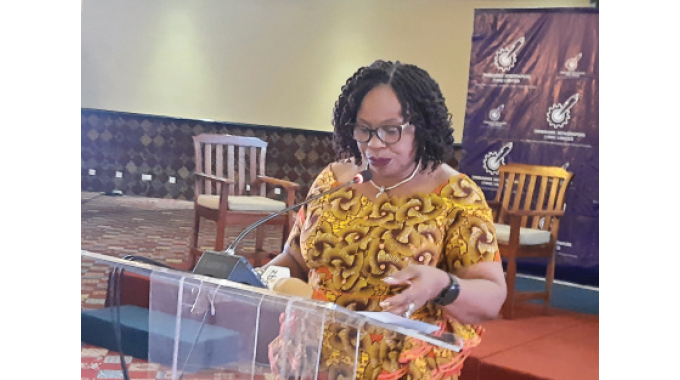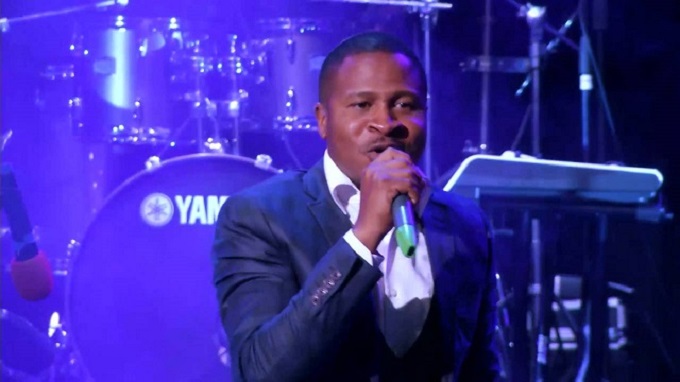Second Republic: Citizens enjoy civil, political rights

Bongani Ndlovu, Chronicle Reporter
THE Second Republic has entrenched civil and political rights since coming to power, increasing representation of women, freedom of expression and children’s rights.
Speaking during a post-Cabinet briefing yesterday, Minister of Information, Publicity and Broadcasting Services Monica Mutsvangwa said the country is fully committed to the Covenant on Civil and Political Rights.
She said the Minister of Justice, Legal and Parliamentary Affairs presented Zimbabwe’s Periodic Report under the International Convention on Civil and Political Rights (ICCPR), which Cabinet approved.
The minister said in summary, the report shows that Zimbabwe has made great strides in ensuring the enjoyment of civil and political rights by its citizens.
“As a nation, the country remains fully committed to the Covenant on Civil and Political Rights and ensuring that set targets under the relevant Articles are achieved,” she said.
Minister Mutsvangwa said since 2018, there has been a steady progress in equal rights between men and women.
“On the equal rights of men and women to the enjoyment of civil and political rights, constitutional stipulations provide for the reservation of women quotas in Parliament and in Commissions, while balanced gender representation is also stipulated in Acts of Parliament.
For example, in 2018 there were 28 women and 30 male superior court judges, while in 2020 there were 31 women and 39 men. In 2018 there were 94 women and 156 male magistrates, while in 2020 there were 133 women and 96 men,” said Minister Mutsvangwa.
She said in terms of freedom of thought, conscience and religion which is enshrined in Section 60(1) of the Constitution, people are free to practise a religion of their choice, and religious groups can operate without any form of registration while on the freedom of expression constitutional and legislative measures are in place to ensure protection of the right, such as the Broadcasting Services Act, with a number of private newspapers, radio and television stations having been licensed.
She said regarding the rights of children, in addition to the constitutional and legislative measures in place there are other measures that have been implemented.
“The administrative measures implemented include decentralisation of the Registrar General’s Offices to ensure the issuance of documents, establishment of the Victim-Friendly Court to protect vulnerable witness-children and the Basic Education Assistance Module (BEAM),” said Minister Mutsvangwa.
She said Zimbabwe has allowed its people to determine for themselves the political dispensation of their choice through holding elections at regular intervals as and when they fall due, since Independence in 1980.
“Pertaining to the right to participate in public affairs, to voting and to having equal access to service, an independent electoral authority (the Zimbabwe Electoral Commission) is in place, measures are stipulated and have been taken to ensure security of ballot boxes and vote-counting processes, election petitions have been fully addressed and the delimitation of constituencies undertaken in terms of the Constitution and the Electoral Act,” said Minister Mutsvangwa.










Comments